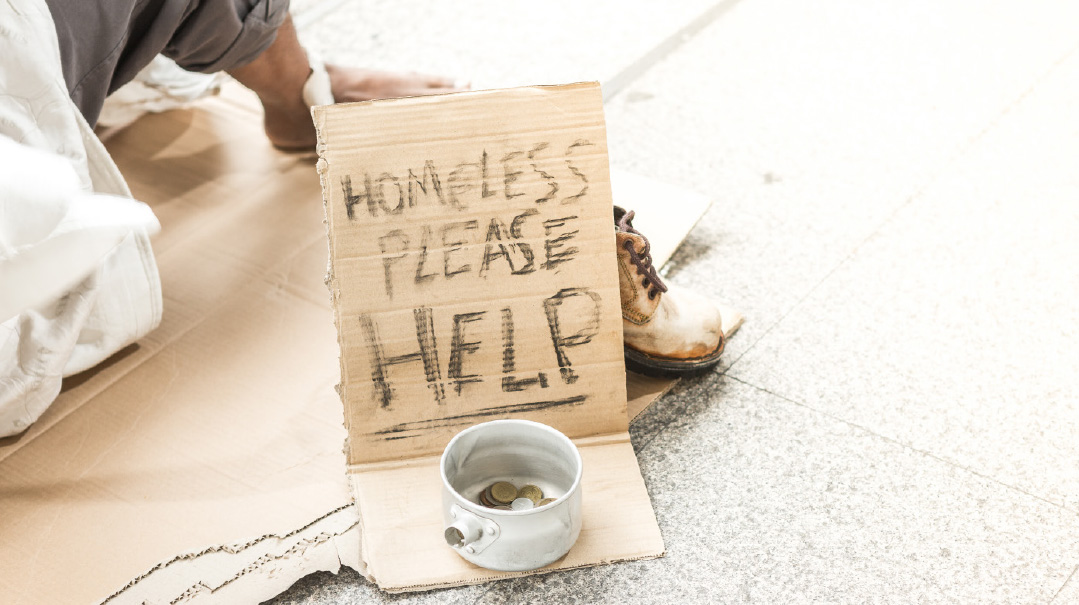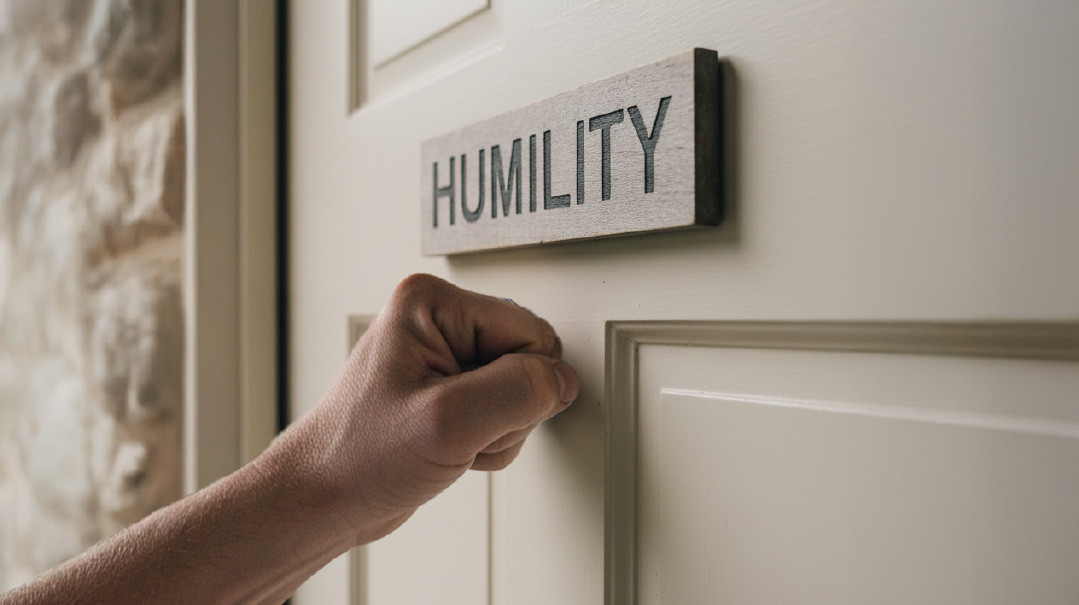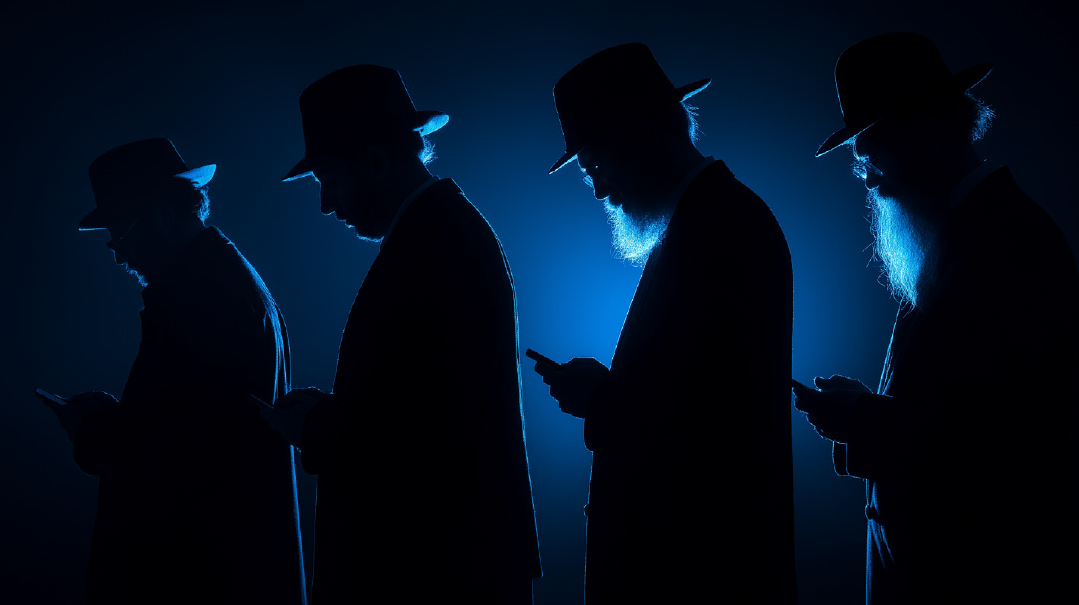My Homeless Friends
| January 5, 2025I want to humanize myself and, in an admittedly brief way, I want to humanize them

“Friends.” Often, the most superficial of words. A mere acquaintance is turned into a friend. Not only that, we all have so many friends, right? The superficial use of “friend” degrades a beautiful relationship.
I never thought I would put a positive spin on the superficial use of “friend,” but in a certain sense I do have many friends. I hardly know them. My interaction with them is usually for 15 to 60 seconds. Rarely, I meet one of these friends more than once, perhaps once every few weeks, not more, and even then, I meet them each time for not more than a minute — two minutes at most. Yet on some level, these are my friends.
Like this: In Denver, as I am sure is the case in countless American cities, people populate the corners of busy intersections. You know the signs they hold up, usually in crude lettering on old cardboard: “Anything helps.” “Disabled vet.” “Homeless with child.” The more cars that pass by, the better the chance of these people receiving a handout — law of averages. I know the Denver corners pretty well by now. I have noticed that as I drive along and a neighborhood becomes more upscale, the corners become empty. But the corners in downtown Denver can always be counted on, so to speak.
I notice these people. I try to notice them as more than objects at a street corner. I figure that if people have to stand outside (or sit on a crude carton) for hours each day, they deserve to be noticed. So I carry around small food packages in my car. Plastic bottles of flavored water (or, in the summer heat, cooled bottled water). Sometimes also small clothing items, like gloves or a knitted winter hat. It’s tricky: If I get to the corner when the light is red, I can easily hand off the items through the window. Sometimes, I might not be at the corner but the light has just turned green and I’m still at three miles per hour, so I can still safely hand food through the window.
I never give money; who knows what it might go for. But I figure, everyone can use food.
It’s more than food, which, to be frank, isn’t much. I don’t just hand the food. I ask the person’s name. I introduce myself as “Rabbi Goldberg.” Often, I shake hands. There isn’t always time for this, but most of the time there is. Here is where the friendship comes in. Very brief though they are, my interactions with the homeless are more than a handout.
When I ask someone his name (it’s usually, but not always, a male), often there is this surprised look. Often there is a gorgeous smile. An anonymous “homeless person” becomes a beautiful human being. I see a person standing in front of me, not a “case,” not an “addict,” not a ne’er-do-well. But a person. As I say, the interaction is very brief, but it’s a human interaction.
Why do I do this?
First, here is why I don’t do it.
I don’t do it to make a good name for the Jewish People. I do introduce myself as “Rabbi Goldberg,” and if the recipient thinks the better of Jews — if I’ve made a “kiddush Hashem” — so much the better. But this is not my motivation. Also, I’ve lived long enough in the Western US to know that not everyone knows what a rabbi is, anyway.
I don’t carry around and distribute food because I think it’s going to satisfy someone’s hunger that day. I know I’m giving a little. But it’s something — especially the cool water in the hot summer. And as Jewish law states, the impoverished should seek many small donations rather than be supported by one big benefactor. It’s clear: Although most cars drive right past these homeless people — hundreds and hundreds drive right past them — some do stop. There are little donations that add up, though probably not enough.
I don’t think I’m solving the homeless problem, even in a little way. I have no illusions about making a dent in a complicated, recalcitrant, socially damning problem, or even in one person’s life; nor do I have reason to feel any less disturbed by the desolation of these people living on the streets. Yes, most appear to be desolate. In Denver, anyway, there are rarely crowds on any given corner. Usually, one or two people.
Why do I do this?
First of all, I learn something. I learn not to judge. Take Pete. He is one of the few people I see with some regularity. The last time I saw him and asked him how he was doing, he said that he was doing well. He had been trying to get in shape and had been up the Colorado mountains, working, doing some painting.
Okay, so here’s the first assumption many people make. These people with the cardboard signs don’t really need help. They’re sponging off undeserved sympathy. Why is Pete seeking help on a street corner if he can work?
But Pete keeps talking. He says, “It’s been 22 months since my back surgery, and finally all of the bones have come into place, except for one, and I can do some work.”
So much for unworthy judgments about unnecessary sponging.
Why do I do this? We live in a society in which human relationships are radically minimized. We have coworkers, and most of us have family and “friends,” but for most of us, the great bulk of our human interactions do not enable the development of real friendship.
“Transactional” is the word these days; we do what needs to get done. That’s how we usually relate to the person at the grocery counter, the salesman in the store, the person next to me on the bus or the subway, the doorman, often even the fellow worker — all these people I see, in many cases every day; at best, I give and receive at best a nod, a “hello,” a “how are you.” Not to mention the faceless operator — if there is even that — at the other end of my computer order. There is little humanity in all this; there is little humanity in many of our lives.
Why do I hand out little food packets to the homeless? I want to humanize myself and, in an admittedly brief way, I want to humanize them. I want to step out of the sterility much of our civilization has become.
Rav Yisrael Salanter (d. 1883) founded a mussar movement to instruct us to treat others well. The first step is not to pass them by. On the basis of people I am not passing by who hand me a brief “thank you” or “G-d bless you” or a wide smile, I am a little bit more human. I need that. They need that. Superficial, yes; but against whizzing by in my car, never stopping, never noticing, never asking for a name, not superficial at all. —
This column will appear once a month.
Rabbi Hillel Goldberg is the editor and publisher of the Intermountain Jewish News, for which he has written a weekly column, “View from Denver,” since 1972, and the author of numerous seforim about the mussar movement and other subjects.
(Originally featured in Mishpacha, Issue 1043)
Oops! We could not locate your form.







